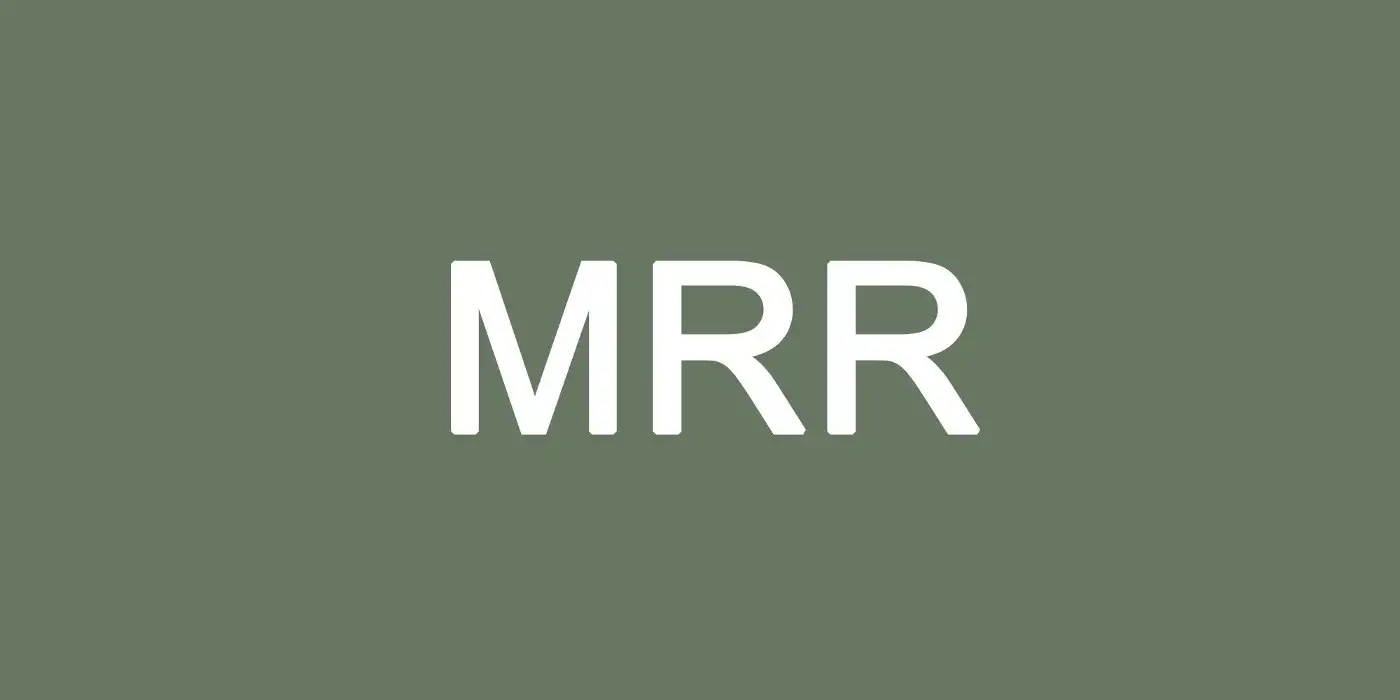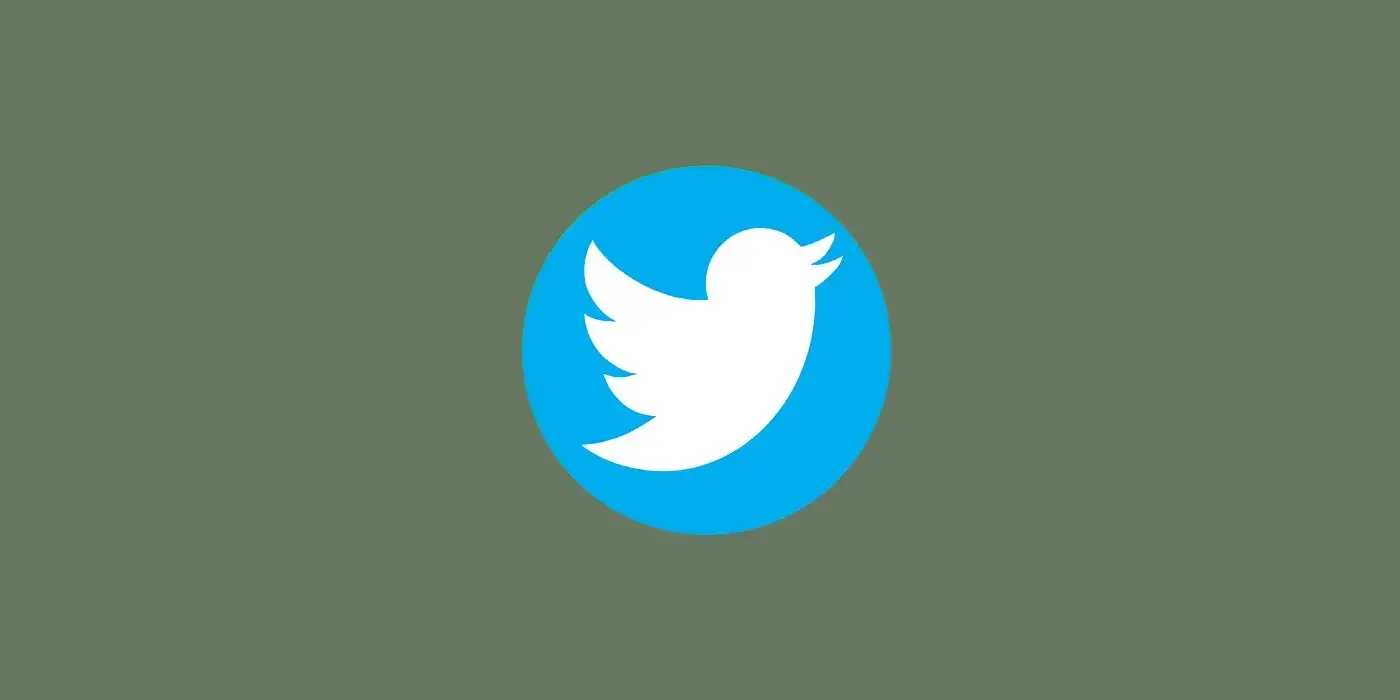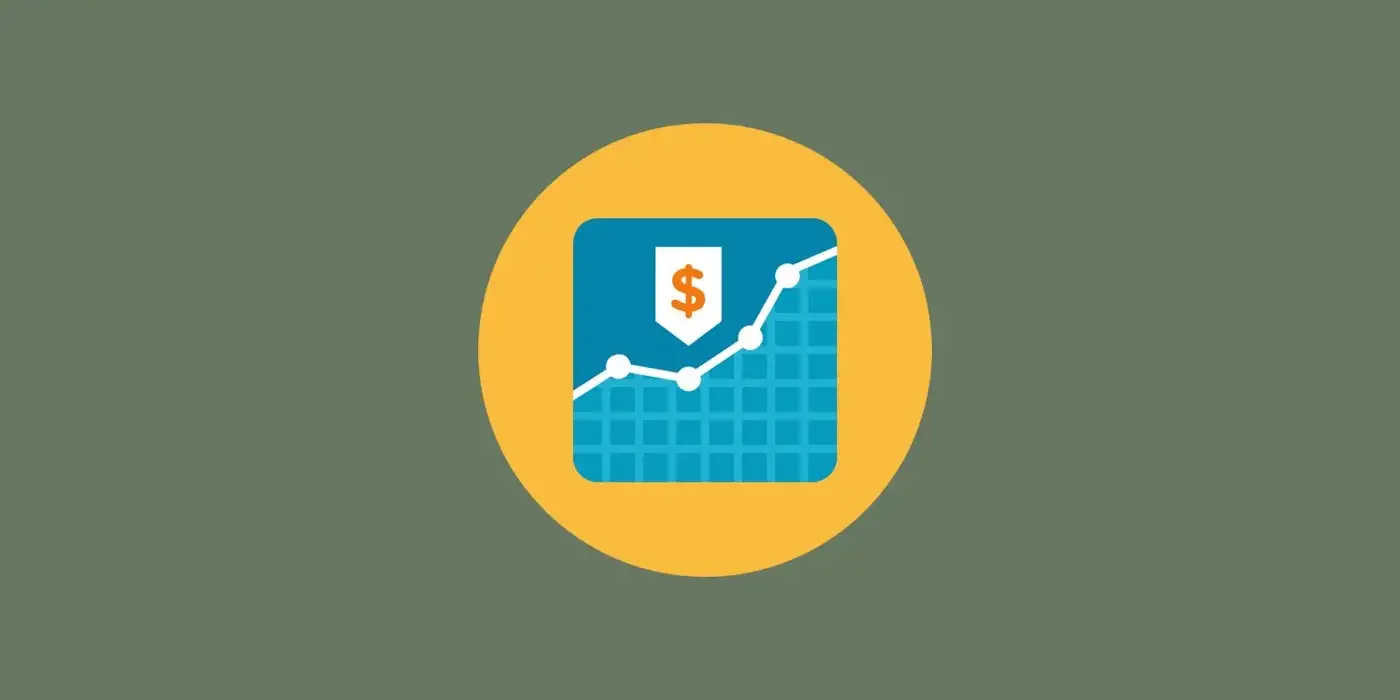
I owe a lot to freelancing. As my readers know, it has provided me with 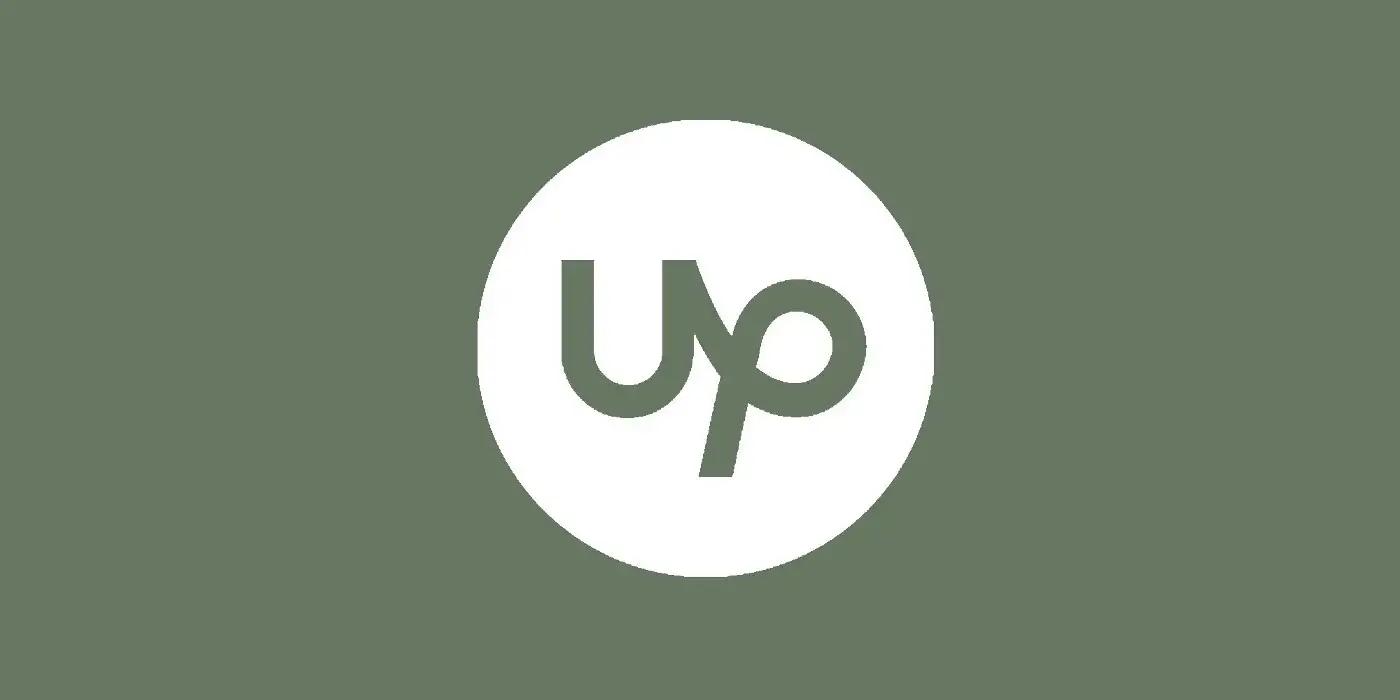 How I Made Over $150k on Upworkreliable income and
How I Made Over $150k on Upworkreliable income and  The Evolution of My Productivity as a Freelancerample opportunity for self-improvement.
The Evolution of My Productivity as a Freelancerample opportunity for self-improvement.
However, freelancing isn’t without its challenges. Being independent also means being self-reliant. There is no security, no health plan, and no pension built into freelancing — you have to make them happen yourself.
Here are some tips for managing your finances as a freelancer.
Keep books
I can’t emphasize enough how important bookkeeping is for a freelancer. At the end of each month, take some time to tally up your earnings per client/project/platform. Make a nice Excel sheet with some graphs over time. This is crucial for several reasons:
- Tracking the progress of your freelance income and workload can let you spot problems easily. Did that last project guzzle up a disproportionate amount of time? How do clients from Upwork compare to clients from LinkedIn? Which of your skills earn the most per unit of time?
- When you have several income streams, you can add them to the sheet and easily see how they measure up. Then you can use your flexibility to assign time to different activities based on their current value and their growth trend. Don’t rely on feel to organize your time.
- Showing the data in visual form is very valuable in the long-term. It’s much easier to analyze how much you relied on certain aspects of your income over time and what the trends are.
This is one of my graphs for the year so far:
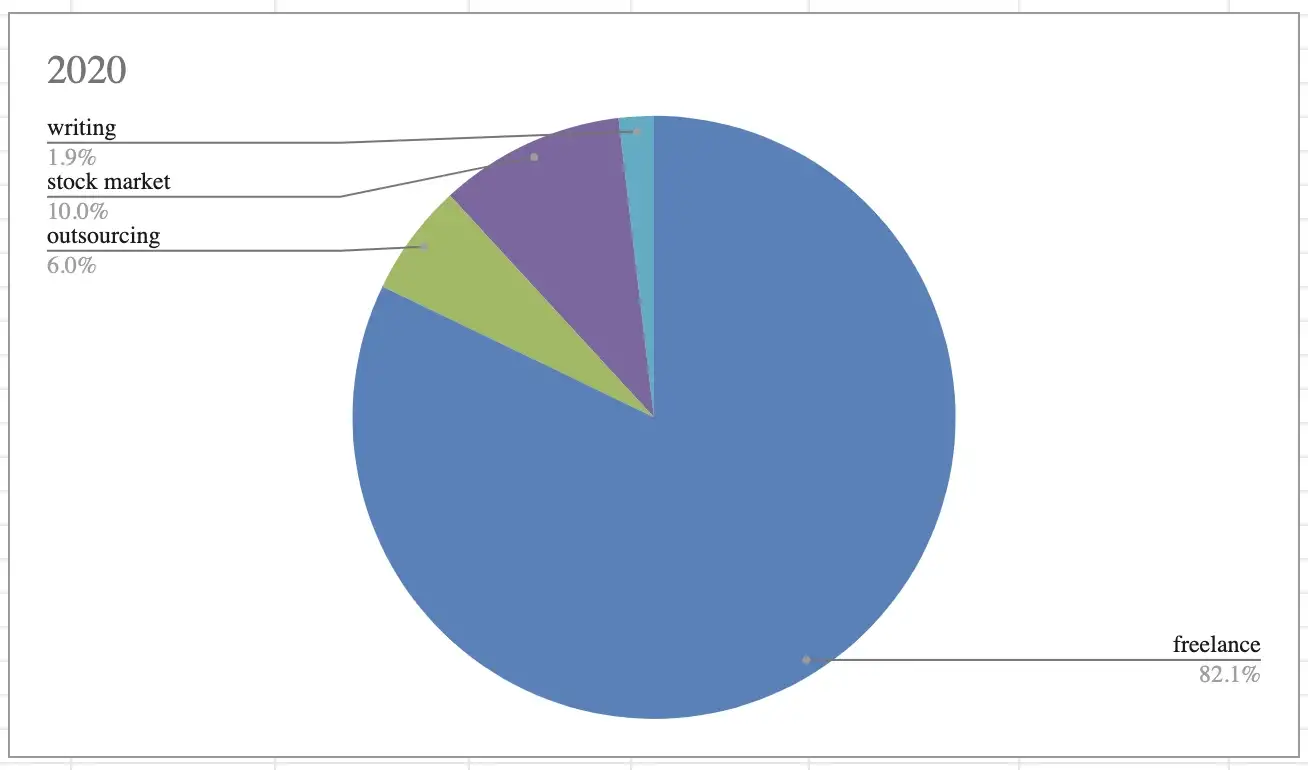
For next year, I hope to increase the absolute amount of my freelance income but cut down its importance by at least 10%. I plan to do this by improving other income streams, specifically writing and teaching.
Monetize your flexibility
One of the things that differentiate freelancing from other types of work is flexibility. The value of flexibility is much more than comfort or a richer social life. It also means you can take time off during your day to pursue other interests. What those interests are can make or break you in the long term.
For example, this year I recorded my first online course. Due to weather/noise conditions, I could only do this on certain days from around 1 PM to 3 PM. Being at home and having a flexible schedule made this possible. I had a full-time freelance project this whole time, but I made do by starting earlier in the morning and/or finishing later.
On days when I couldn’t record, I would work this time and finish earlier in the afternoon so I can focus on writing or learning.
Invest in the stock market
Financial experts disagree on many things, but they all agree on one: invest as much money as you can as early as you can. Compound interest is a force of nature.
I have been investing in the stock market for five years now. The sooner you start, the better your long-term returns. The sooner you educate yourself about how to invest and what to invest in, the sooner you can start.
As if being your own bookkeeper isn’t enough, I’m now asking you to also be your own financial advisor. It might sound like a lot, but you don’t have to do it all at once, and it’s well worth it.
Not only do you avoid a lot of fees and expenses, but you educate yourself in areas such as financial markets, and you grow to understand how the economy works. This is invaluable in the long run because, ultimately, we are all part of the economic machine. If you understand how it functions, you can plan better, make better choices, stress less, and earn more.
Invest in growing your brand
It didn’t dawn on me how important it was to have a presence on social media until I started promoting my course. Twitter, specifically, is chock-full of web developers, designers, copywriters, and various other freelancers creating content on a daily basis.
This content helps them share knowledge, grow an audience, and build connections with other freelance authors. All these things are important, for various reasons.
Why should a freelancer share knowledge?
It has been demonstrated time and again that the best way to learn is to formulate your knowledge into a format understandable to others. This helps you uncover gaps in your knowledge and improve faster. It also establishes credibility for when you want to release a paid product such as a course or a book. Helping others who might now be where you were five or ten years ago is also rewarding in its own right.
Why should a freelancer grow their audience?
Having an audience gives you power. I’ve seen people on Twitter find jobs simply by tweeting to their connections, sell hundreds of book copies with a single great tweet, and find partners to build products and companies together. And none of these people had multi-million followings — most were between 10k and 50k followers. When you write a book, for example, can you imagine how much easier it is to get early sales and good reviews if you have 20.000 followers compared to if you have none?
Why should a freelancer connect with other freelancers?
In addition to sharing knowledge, you can also gain knowledge. For me, 2020 was the year I really started to understand what works and what doesn’t in online marketing. I learned in part by experimenting with various self-made promotions for my course and in part by following relevant people on Twitter. Connecting with other freelancers has even more potential: they may promote you and your content or you may end up building something together.
Depending on your plans, it may even make sense to jump-start your social presence by doing paid promotions. This is especially true if you already have products you want to promote or sell. Regardless of whether you find it financially feasible to invest money into this, investing time is a must if you plan to diversify into any income streams besides freelancing. Like with the stock market, the sooner you start, the better.
Keep accounts in multiple currencies
You will probably receive payments in several currencies in your freelance career, especially if you live in Europe. It is a good idea to at least maintain accounts in dollars and euros, so you can direct your North American clients to one account and European clients to the other.
This will save you a few percent of your earnings that would otherwise be lost to currency conversion. It is not a massive gain, but it comes at very little effort and cost. Online payment companies such as Payoneer allow you to have multiple currency accounts, with debit cards attached, at no additional cost.
Be careful about taxes
Tax regulations vary from country to country and can be quite complex when it comes to international commerce. Be mindful of how you receive your payments, what you need to tell your national tax authorities, and what you don’t. Talk to someone with knowledge in that field.
International freelancing is a relatively new phenomenon and many countries’ laws haven’t adapted yet. If this is the case, don’t let them intimidate you into paying higher taxes according to some antiquated rules. Have a good, long discussion with a trustworthy legal advisor and consider all your options.
Maintain a buffer
When traditional companies want to hire you, they will inevitably try to sell you the story that freelancing lacks financial security. This is true only if you don’t take care of your own finances.
To this end, you should always maintain a buffer of enough cash to get you comfortably through a few months of not working. In nine years of freelancing, this sort of thing has never once happened to me, and the longest unwanted hiatus I took was about three weeks.
Conclusion
Think about the points above. How can you integrate them into your life to further your career and give yourself the best chances of success?
A freelancer who has their life in order can  How a Single Freelancer Outperforms a Whole Teamoutperform a whole agency. All it takes is a good mix of technical knowledge, productivity, communication skills, and organization.
How a Single Freelancer Outperforms a Whole Teamoutperform a whole agency. All it takes is a good mix of technical knowledge, productivity, communication skills, and organization.
Don't miss the next blog post!
I publish a new blog post every Wednesday. Join the newsletter to get:
- One valuable email a week.
- Zero spam.
- Exclusive content not found in the blog.
- Reply directly to me with questions or feedback.
Use the form at the bottom of this pageon the right to join the newsletter.
